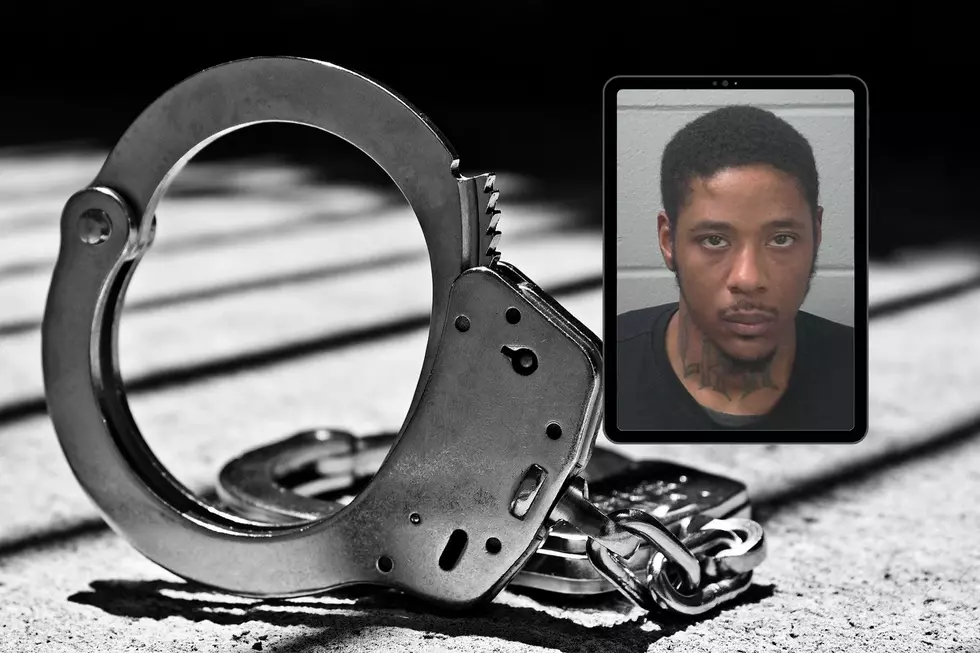
The 3 ‘S’s’ of Domestic Violence Homicide
There are three warning signs that you may be in a potentially dangerous or even deadly situation, and the Maine Coalition to End Domestic Violence wants people to recognize them, and know what to do if it they see them in their own relationship.
It's a crime that's affected many families, including mine. I have a cousin who had fled her hometown with her children to hide out from an abusive husband. But, when the school year started up, she returned with the kids, probably thinking she wanted their routine to get back to normal. But everything fell apart when she came home from work one day and found her ex-husband, who had just been served with a protection from abuse order, waiting in her house. He shot her and then shot himself.
There are warning signs that a relationship may be headed into dangerous territory. And some that could signal you that maybe this new person you're seeing is best left behind. I chatted this week with Francine Stark of the Maine Coalition to End Domestic Violence about the 3 "S's" If you recognize any of these behaviors, now or in the future, you're urged to reach out and learn the options available to keep you safe. You can read more about those options on the Coalition's website.
- Adam Radosavljevic, ThinkStock
Adam Radosavljevic, ThinkStock 1Stalking
This one seems obvious. I mean, if someone is following you around, showing up in odd places, then that's stalking. But there are other ways to exact that kind of control. Stark says if someone is checking your cellphone history, computer history, and monitoring your social media posts, that's also a form of stalking. A certain amount of privacy has to be expected.
She advises never sharing your passwords, for email or phone use, etc. And if you feel you're being stalked, start a detailed log of any instances that concern you. Then, contact police and work with them to discuss possible solutions.
- Getty Images
Getty Images 2Strangulation
When I first saw this, I thought it referred to 'control' as a whole, rather than the actual act of strangling someone. But Francine told me it actually refers to cutting off the airflow to someone's lungs and brain. While homicides by guns or knives receive a lot of press, she says domestic violence deaths by strangulation are actually very common.
Strangulation is different than choking, and is a fairly quick way to kill someone. And Francine says, too often, the victims don't even know their partner has tried to strangle them because they were rendered unconscious. Again, if this sounds familiar, reach out to MCEDV for resources available to you. Or, if there's a more immediate need, contact law enforcement.
- Jason Stitt, ThinkStock
Jason Stitt, ThinkStock 3Suicidality
The last 's' is a huge red flag. If you're with someone who is suicidal and has shown signs of being controlling or abusive, you need to remove yourself from the situation. Phrases like 'If I can't have you no one will' are clear signals that you're in danger.
Again, there are resources available to help you, including the Domestic Violence hotline - 1-866-834-4HELP (1-866-834-4435). It's a 24-hour, toll-free resource that has councilors standing by to help you decide what your best options are for keeping yourself and your children safe.
Domestic Violence Homicide doesn't only affect women. Men can, and are, abused and could also become victims. Don't let it happen to you.
More From WQCB Brewer Maine









